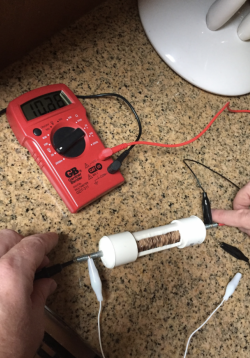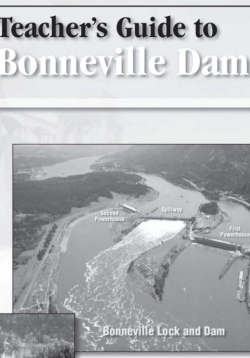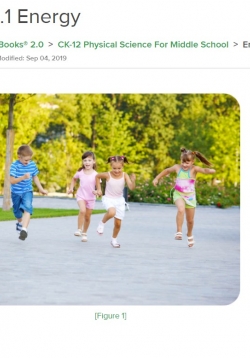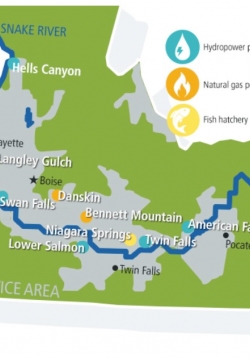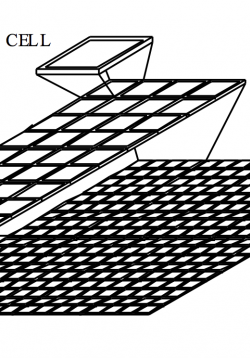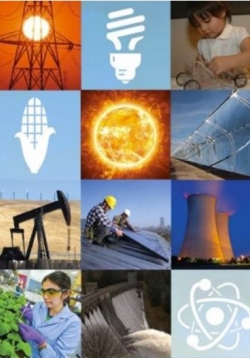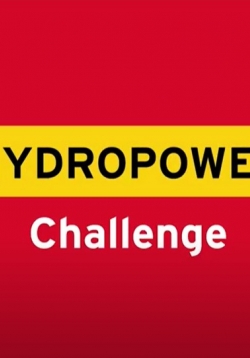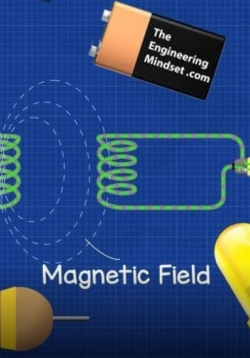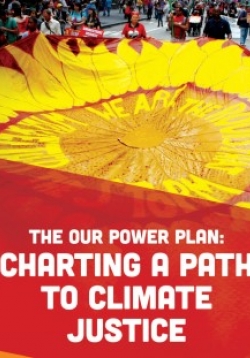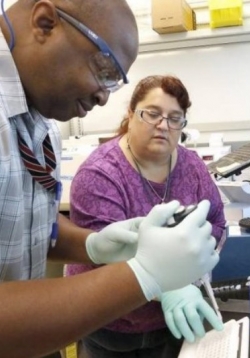Released in response to President Obama's Clean Power Plan, this analysis and policy platform's goal is "to empower communities working for a Just Transition to a clean energy future by organizing to protect the integrity of the CPP and ensuring Federal and State Implementation Plans adhere to principles of environmental justice." It addresses effects on frontline communities, incorproatin of environmetal justice principles into state and federal energy plans, regulation of carbon and co-pollutant emisisons, policy loopholes to incentivize fossil fuel extraction, clean energy and conservtation, and access to clean energy careers.

